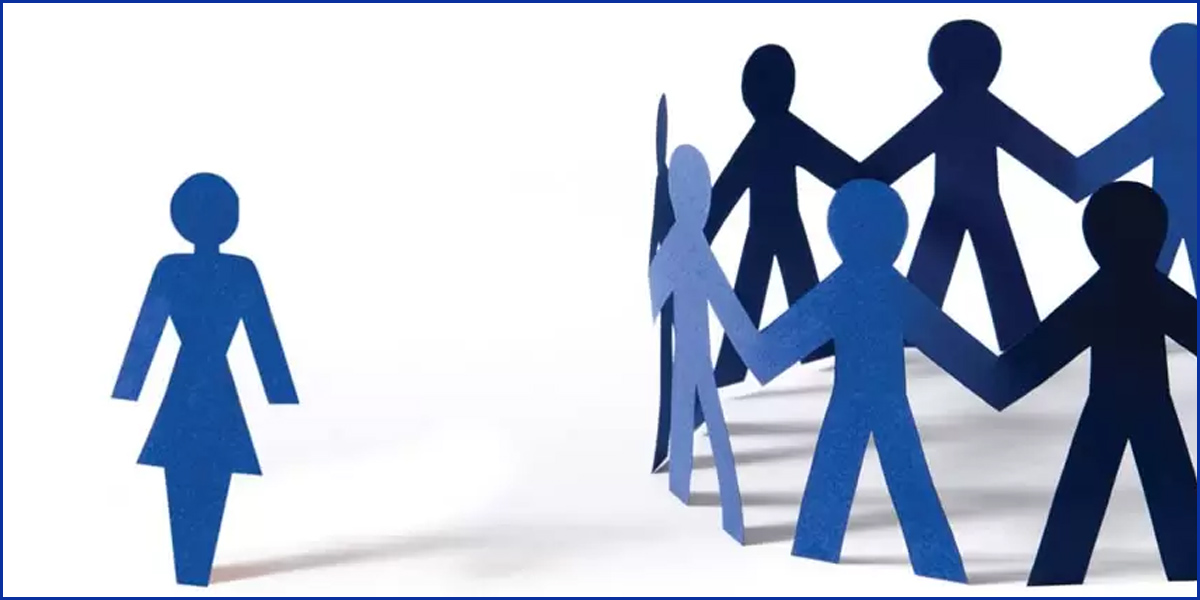A news item concerning WCCKP shared the establishment of an advisory unit on International Women’s Day 2021. The said unit will support the female entrepreneurs regarding tax payments, and registrations at the concerned forums. I don’t know how practical the idea is and how effectively it will be implemented as the inclusion of women in economic activities is yet a challenge and there is still minimal visibility of women due to multiple barriers like patriarchy, cultural norms, economy, and most importantly the unconscious gender biases.

As per certain researches, women are scarcely represented rather underrepresented as it’s a mere six percent representation in a leadership capacity with male counterparts heading the 96 percent companies across the globe. Entrepreneurship business is being labelled as male oriented in our society and, lack of support from family due to the cultural restrictions on mobility of women.
One of the most important blockades is the Educational system. Female involvement in socio-economic domains is the hallmark of advanced and industrialized societies. Our Islamic History has the example of Hazrat Khadija as a businesswoman, that’s all that we can learn about women in business from my system of education regarding economic participation of women. Trade is purely taken to be a man’s affair. It is indeed a bad luck that in our country, almost half the population is not allowed to share the economic gains and restricted to economic participation at all levels. Our society has traditional roles for women and the literacy rate for women is among the lowest in the world.
Empowerment begins with education and awareness and therefore education is a must for all women to prove themselves as a successful mother, wife, and co-worker but also successful in the nontraditional roles to contribute their due part in the socio-economic development. The contemporary multi streamed system of education i.e. public, private, and religious seminaries seem to produce degree holders, high grades and certifications in theoretical disciplines, without any visible link between demand and supply of the human resource in the market.

The skill development component seems to be the missing link. The skill development has to be irrespective of the traditional gender roles. Our education system is like a chance for a fish, an elephant, and a monkey to climb the same tree. You can imagine easily who would climb that tree. In our state-run educational system, everyone has to study everything from grade 1 to 8 and then bifurcation in science and arts.
There are a few domains specified as “respectable” for women like medical or teaching. The ones who can’t get into medical colleges just get admission randomly into the educational programs so that their time is not wasted and a degree is there. The economic field is restricted to dress designing, cooking and the beautician with no guidance, aptitude test, or counseling at any level of education. The aforementioned businesses set up by women are the result of self-motivation or some tragedies these women usually face. In the fast-growing economies like China there are no gender-based restrictions but gender-inclusive policies about the economic role of women do help in the socio-economic engagement of women.

It’s a dilemma that policy-making institutions would hardly come up with gender-sensitive and gender supportive policies specifically in economic fields. The socio-economic role refers to economic value as well and it also defines the role of men and women.
The aptitude for economic and business can easily be assessed at the early years of education along with counseling at higher levels of education. A system of counseling and aptitude assessment can support more females to get into economic spheres to support the economy. Women should be allowed to fill the place where they can fit with required reforms for skill development and socio-economic participation in the curriculum and scheme of studies.
Covid-19 pandemic has added up to the importance of inclusion of women in economic activity. The educational reforms must include, capacity building for online initiatives and exploration of various digital markets. Law intervenes when there is a gap and loophole. The election commission made it mandatory in the 2018 election for the political parties to allocate five percent seats to female candidates, resultantly the political parties were bound to include women in the election. Similarly, economic inclusion can also be ensured with gender-focused legislation and its effective implementation. This step shows that we can enforce such laws. It only needs implementation otherwise law is there for female empowerment.
Women’s chamber of commerce needs to be innovative beyond a superfluous system with the conventional methods like every year a few exhibitions to take place with selected house-based workers displaying the conventional stuff e.g. jewelry, clothing etc. The chamber can get connected to educational institutions for the identification of potential entrepreneurs and build their capacity on various concepts and for a successful business set up.

Last but not the least, role of men is very important because we have a patriarchal system where men are the decision-makers in the family. Men have to realize that our progress and prosperity will only come when half of our population is encouraged and facilitated to participate in the socio-economic process.

